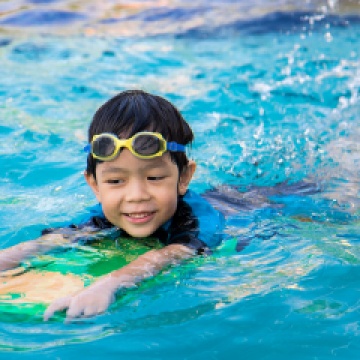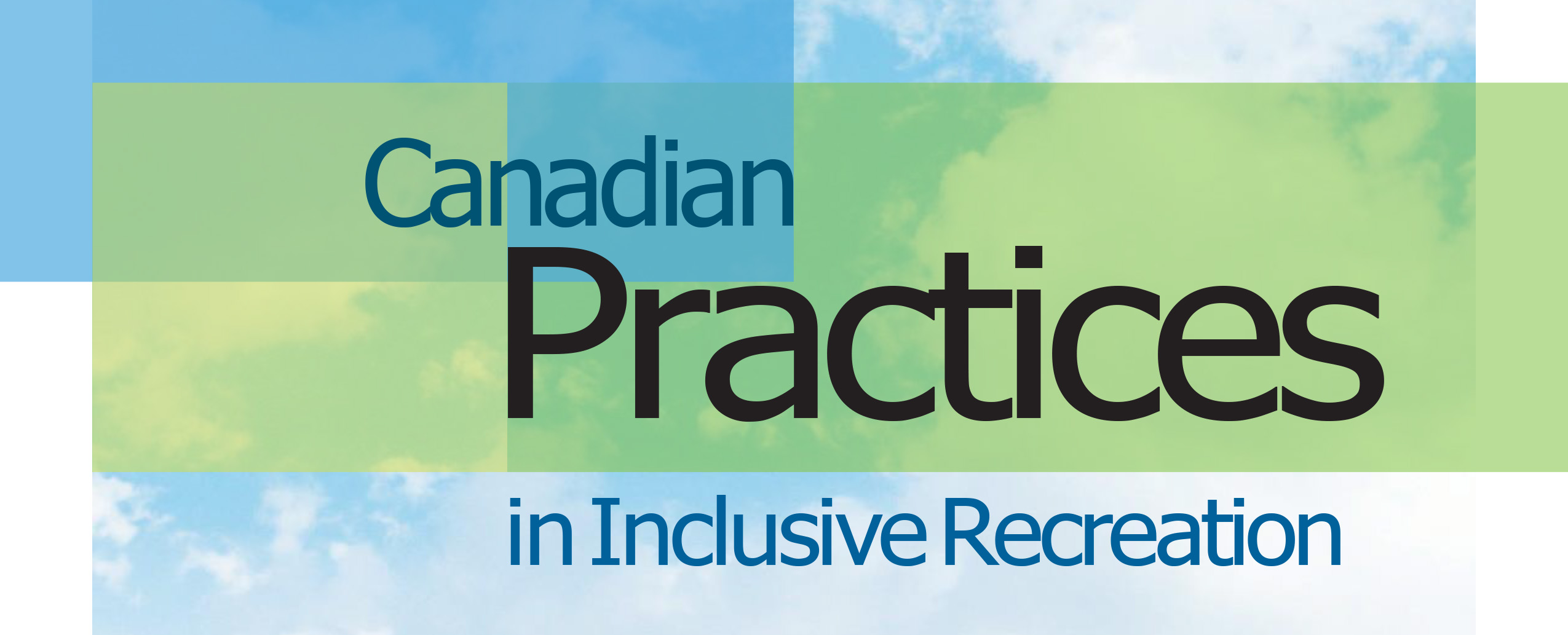
Vision, Mission and Membership
Recreation Manitoba (RM) acknowledges that they are in Treaty 1 territory and that the land on which they gather is the traditional territory of Anishinaabeg, Cree, Oji-Cree, Dakota, and Dene Peoples, and the homeland of the Métis Nation. RM envisions a Manitoba that is “service-oriented and open to professionals, practitioners and volunteers in the recreation, sport, parks and leisure industries in Manitoba”. It is their mission “to collectively share the passion and spirit of recreation and is dedicated to enhancing the health and wellness of all Manitobans through the development and support of recreation professionals, practitioners and volunteers”.
RM has 270 members, including municipal recreation departments (elected officials, recreation directors, facility managers, programmers, etc.), not-for-profit organizations (recreation, health, wellness), therapeutic recreation professionals (care homes, hospitals, etc.), students, and companies that work within the recreation industry.
How RM is Supporting Inclusion and Access for Persons with Disabilities
Every employee in the office of RM is trained to comply with the Accessibility Standard for Customer Service as part of the Accessibility for Manitobans Act.4 Various conference sessions in RM’s annual meeting are offered on the importance of accessibility and inclusion in programming and policies, including programming within therapeutic recreation and active ageing.
Manitoba highlights the importance of policy in addressing access and inclusion. If an individual has a disability and wishes to participate in a program, policy should require staff to adapt the program for them. RM also strives to provide support for members with a disability for training opportunities within the organization.
Community Spotlights: Swimmingly (formerly SwimAbility) Manitoba
Swimmingly Manitoba is a not-for-profit organization that provides affordable and accessible one-to-one swimming lessons for children with a disability. It was founded as a registered chapter of Making Waves Canada in 2011, and is a volunteer-based service. The origin of the development of the program was in response to research documenting that children with a disability are at the highest risk of drowning due to a lack of accessible education. Swimmingly allows children with a disability to have a caregiver or trained staff in the pool with them, and the lessons are adapted to their needs.






